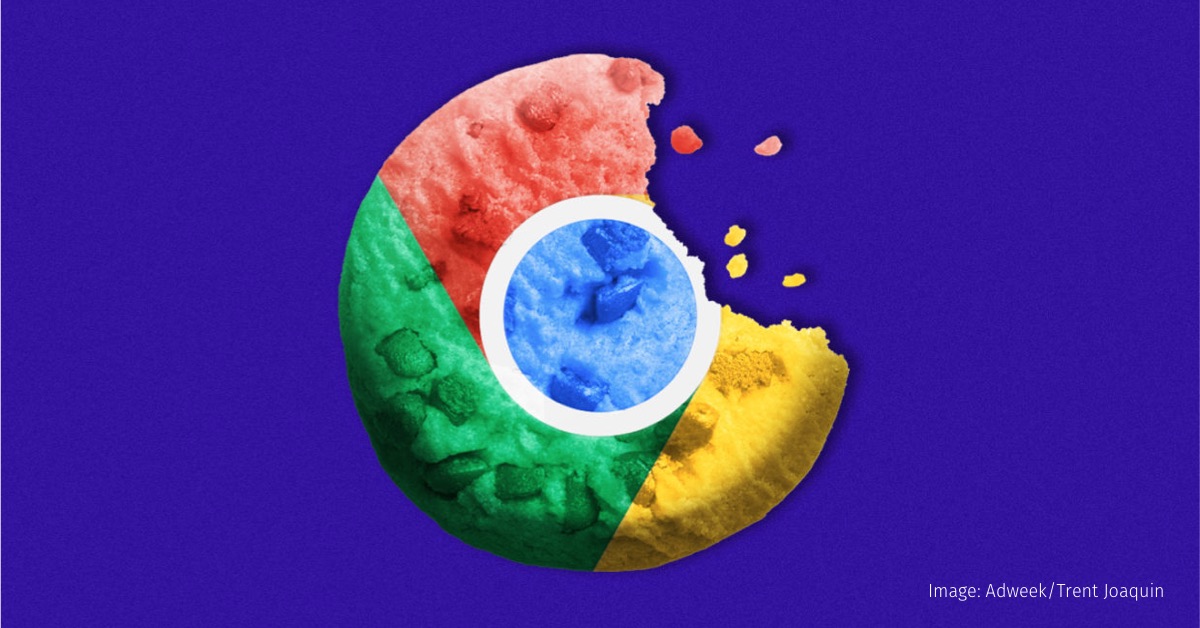The Cookie Crumbles: Preparing for the End of Third-Party Cookies

As of January 4th, 2024, sites will no longer have access to third-party cookies for 1% of Google Chrome users. This is a big step towards third-party cookie deprecation, expected to be fully implemented by the end of this year. According to Google, this change is being implemented to meet rising user expectations for privacy and rapidly evolving regulatory restrictions.
So, what does this mean for nonprofits?
The full effects remain to be seen, but the elimination of third-party cookie tracking will definitely alter the digital marketing and fundraising landscape. We expect to see:
- Decreased Reliance on Third-Party Cookies: Third-party cookies have been integral in tracking user behavior across different websites and enabling advertisers to create targeted ad campaigns. With Chrome cutting off access, traditional tracking and targeting methods will be limited, affecting not only advertising but other marketing tactics such as remarketing, email automations (like cart abandonment emails that are cookie based), lightbox frequency, etc.
- Rising Advertising Costs: As the availability of third-party cookie inventory decreases, we can expect to see an increase in CPMs (cost per thousand impressions) for the remaining cookies. However, the overall impact on advertising costs will depend on how quickly and effectively the industry adapts to alternative methods of digital advertising.
- Need for New Strategies: Digital marketing and fundraising is going to be operating a bit more blindly. Without the detailed insights provided by third-party cookies, marketers will have to rely on less direct methods of gauging user interest and engagement. Chrome’s large market share means we must adjust to avoid potentially missing out on a significant portion of our target audience.
- Testing and Adoption of New Technologies: There's an urgency to test and adopt new privacy-focused technologies, like Google's Privacy Sandbox.
- Measurement Challenges: The deprecation of third-party cookies will disrupt cookie-based advertising, likely leading to data inaccuracies and a decrease in the effectiveness of ads.
- Targeting: With changes in cookie availability, targeting efficiency and retargeting opportunities will be affected.
- Importance of First-Party Data: As third-party cookies become less viable, it becomes more important to collect and leverage first-party data.
- Benchmarks: New benchmarks will need to be established, since historically, the industry has relied on pixel solutions across platforms like Meta, X, LinkedIn, TikTok, etc.
It is more important than ever for marketers to stay agile and informed about ever-evolving digital advertising technologies and privacy standards. To ensure you're always at the forefront of these changes, sign up for Sanky emails.
Resources:
- https://www.adweek.com/media/google-chromes-cookie-phase-out-everything-you-need-to-know/
- https://developers.google.com/privacy-sandbox/blog/cookie-countdown-2024jan
- https://developers.google.com/privacy-sandbox

